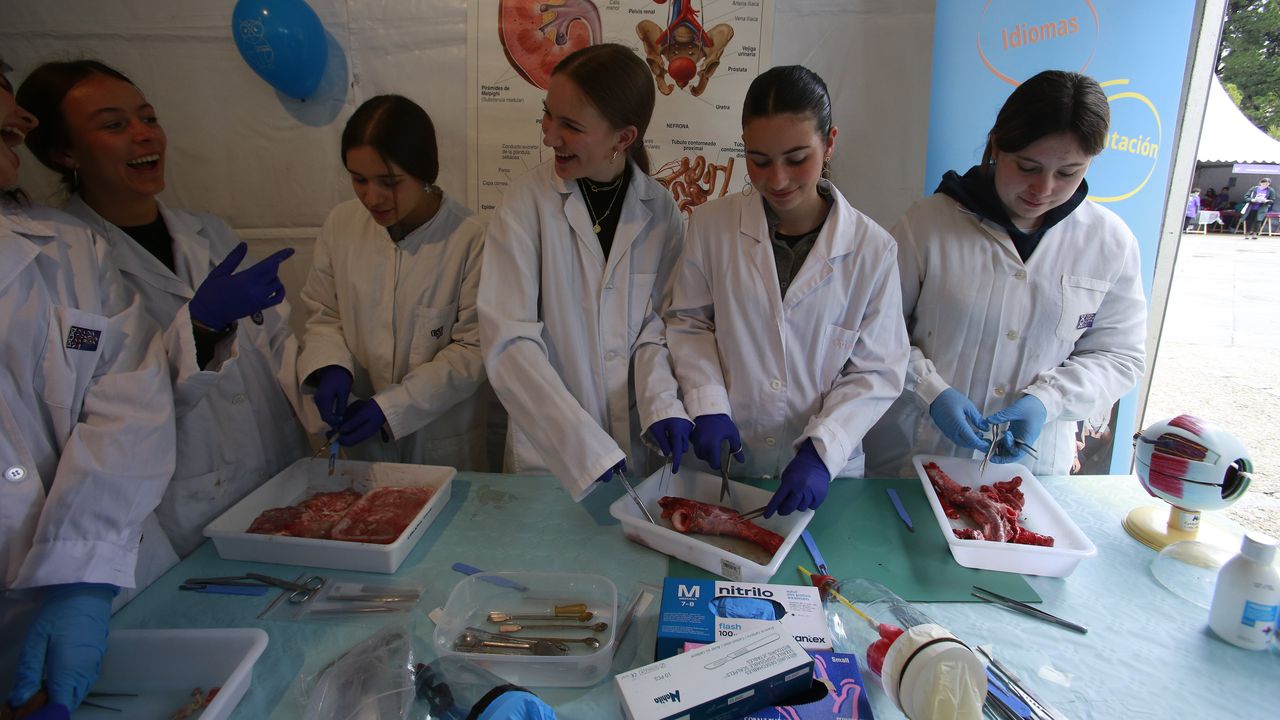Science Editorial, September 11 (EFE).- People over the age of 65 have better health and mental well-being when they engage in hobbies, compared to those who do not have a hobby, according to a study published today in the journal Nature Medicine. .
The findings are based on a meta-analysis of five studies that examined the participation of 93,263 people over the age of 65 (mean age 71.7 to 75.9 years) from 16 countries, including Spain, the United States, Japan, France and France. Italy.
The researchers, in coordination with University College London (UCL), found that taking up a hobby was associated with better health, greater life satisfaction, a higher level of happiness, and fewer depressive symptoms, regardless of country, gender, and living situation. At the national level.
Among the four findings, life satisfaction was most strongly linked to participation in hobbies, which can contribute through many mechanisms, including feeling in control of our minds and bodies, finding purpose in life, and feeling competent to deal with everyday problems, as explained by the University of California. . .
Countries with a high global happiness index and higher life expectancy, such as Denmark, Sweden and Switzerland, also had high levels of hobbies, but overall the relationship between taking up a hobby and mental well-being was relatively universal across all countries.
In Spain, data of 2,099 people was analysed, 51% of whom have a hobby.
The research’s lead author, Karen Max from the University of California, highlighted that the data “demonstrate the potential of hobbies in protecting older people from age-related declines in mental health and well-being. This potential is consistent across many countries and cultural settings.”
The authors highlighted large variations between countries in terms of hobby consumption, which may reflect how societies are structured and organised, which largely depends on national policy.
In Dinamarca, Suezia and Suiza, more than 90% of the population of the country’s public sector, in China, has a 37.6-pound donation, but the majority of people who live in social affairs, have no social relations. in general.
The list of hobbies included arts, crafts, reading, games, sports, gardening, volunteer work, and participation in associations or clubs. In short, combine those activities that provide pleasure outside home activities with work activities.
The team noted that the findings are based on observations and therefore do not prove causality, but suggest that they could have implications for developing plans to improve access to hobbies across ages and countries to improve aging experiences.





